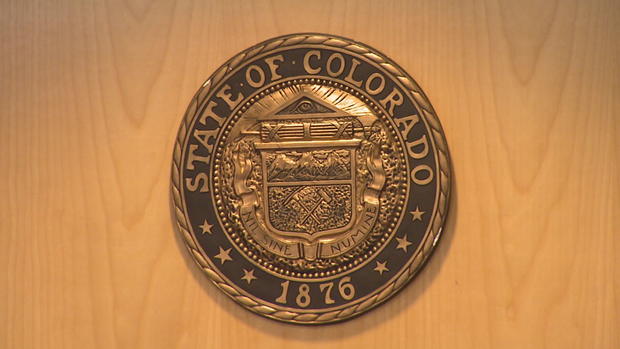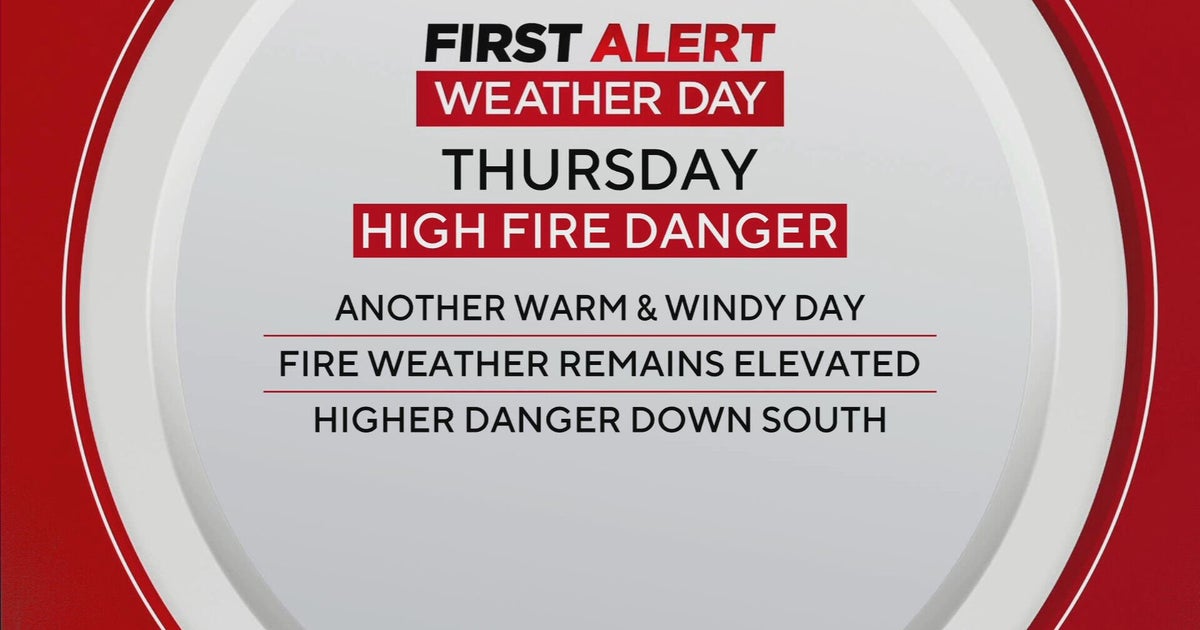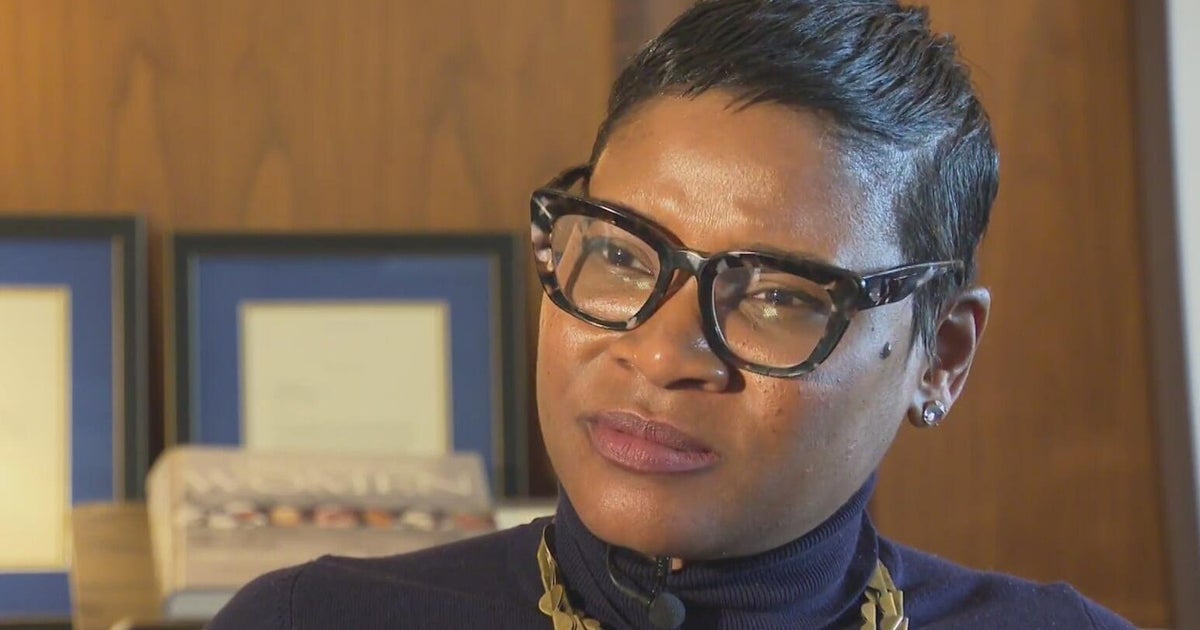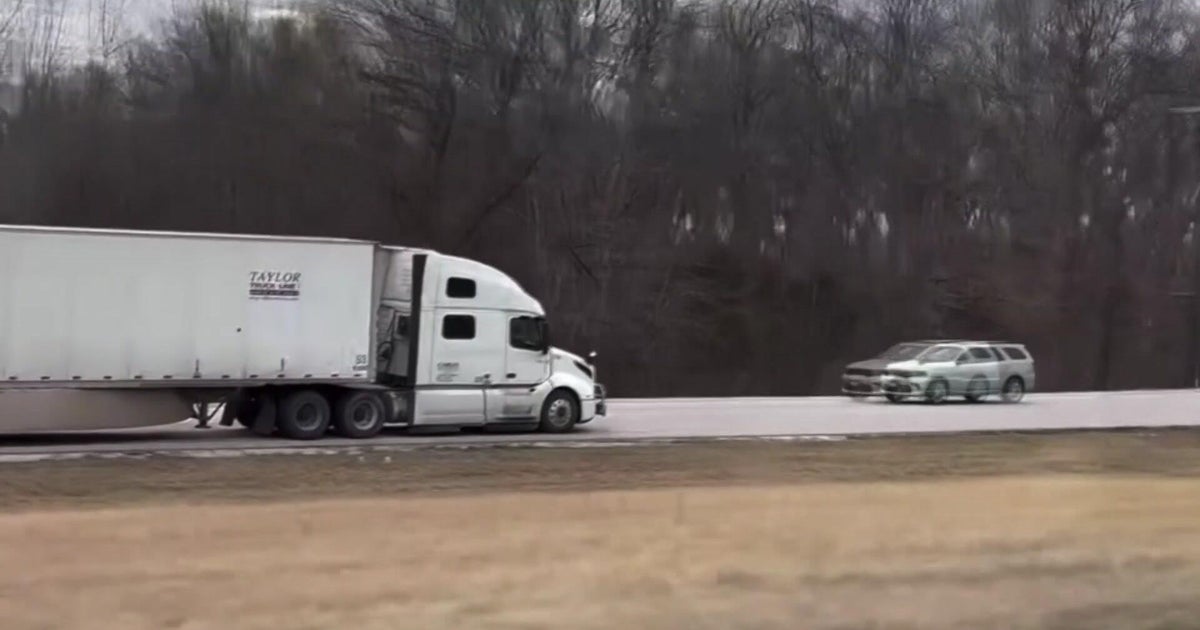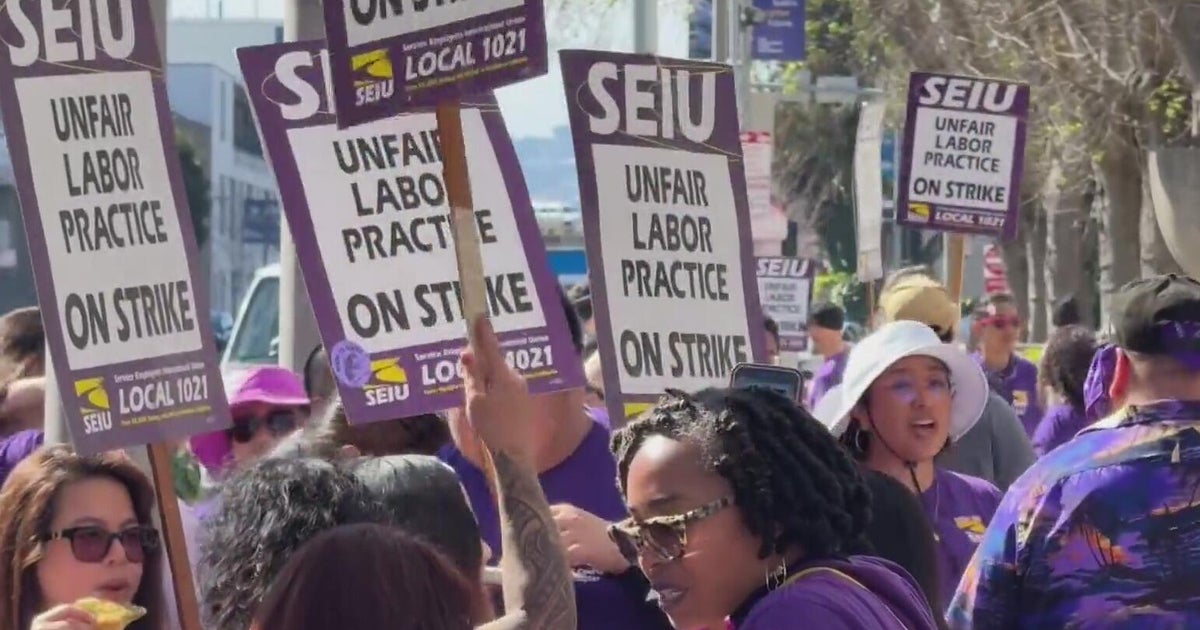Colorado public defenders launch union drive over workloads
Fed up with immense workloads, Colorado's public defenders launched a unionization drive on Thursday hoping to organize attorneys, paralegals, investigators, social workers, and administrative staff even though Colorado law blocks them from collective bargaining.
If successful, the Defenders Union of Colorado would join unions in Minnesota and Pennsylvania to become one of the few public defense staff unions in the country.
The effort to organize follows a chaotic year for courthouses in Colorado, with pandemic delays pushing backlogged jury trials handled by both public and private attorneys up from around 2,700 on a typical year to roughly 14,600 in 2021, The Denver Post reported.
"Every day you write yourself this to-do list that can't possibly be done in single day," said Kiyomi Bolick, a lead deputy public defender and co-chair of the organizing committee.
Nearly 40% of regional managers for the state's public defender's office left their posts in the last 18 months, Bolick said.
"We are dropping like flies. People need hope. People need a reason to believe this is going to change," Bolick said.
The same effect has been felt across the country. Oregon's understaffed public defenders office begged private attorneys to take cases as some defendants sat jailed without representation for months while Minnesota's public defenders threatened a strike — a nearly unprecedented action for public defense attorneys — over high caseloads and low pay in March.
Partly in response to the havoc caused by the pandemic, President Joe Biden earlier this year took executive action attempting to ensure Americans have better access to legal representation, rebuilding services that decayed during the Trump Administration.
In Colorado, Bolick said around 750 employees would be eligible to join the Defenders Union of Colorado, affiliated with the Communications Workers of America, Local 7799.
Even though Colorado law doesn't offer judicial employees a legal avenue to collectively bargain, "our belief is that no one has to grant a worker the right to unionize," said Bolick, "that is fundamental and has been born out of centuries of worker exploitation in our history."
Maureen Cain, director of external communications for the Office of the Colorado State Public Defender, did not immediately respond to a request for comment.
Those leading the charge hope they can build enough political momentum to pressure the state legislature to pass a law rolling back that prohibition and codifying the right to organize.
But "that doesn't mean we are not allowed to actively take on campaigns to try and improve working conditions while we wait for the legislature to catch up," said Bolick.
Similarly, a bill passed earlier this year opened the doors for some county workers in Colorado to unionize without first needing permission from their bosses.
That bill, however, was hard-fought. After receiving pushback from Colorado Gov. Jared Polis, the negotiations shrank the original intent to give over 250,000 workers the right to unionize down to only 40,000.
Bolick plans for the Defenders Union of Colorado to garner enough members to ratify their own bylaws and hold elections for a more formal structure by the end of the year.

